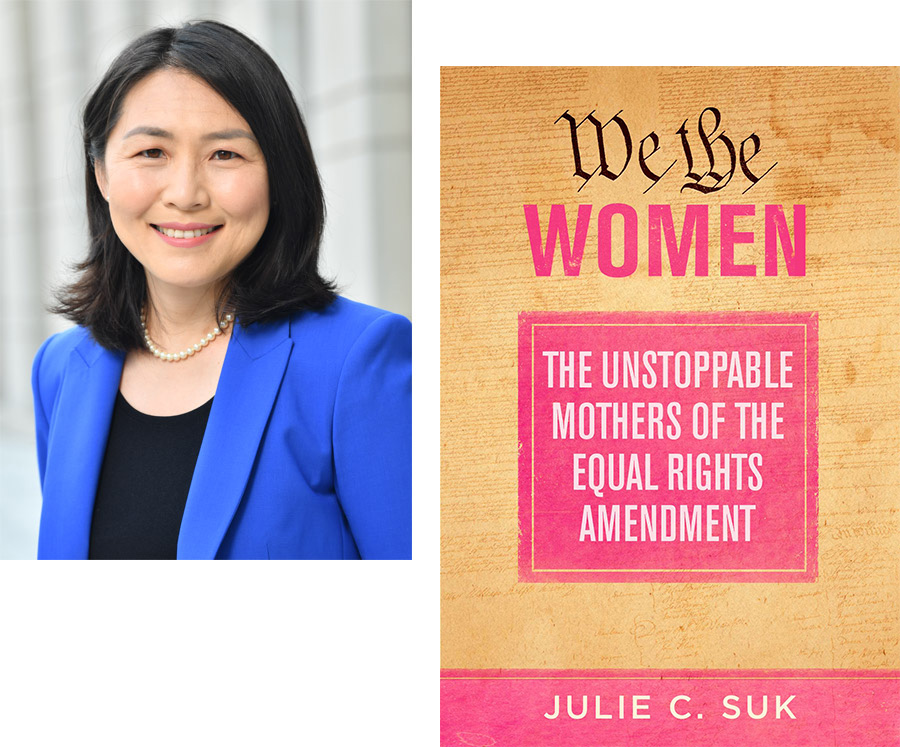Leaders & Icons
Women Sweep the Slate as Journal Editors-in-Chief
“It [was] so fulfilling to solicit authors … and work with them to develop informative and impactful literature,” said Archer. “I’m honored to have led my journal and to be a representation of what women can do.”
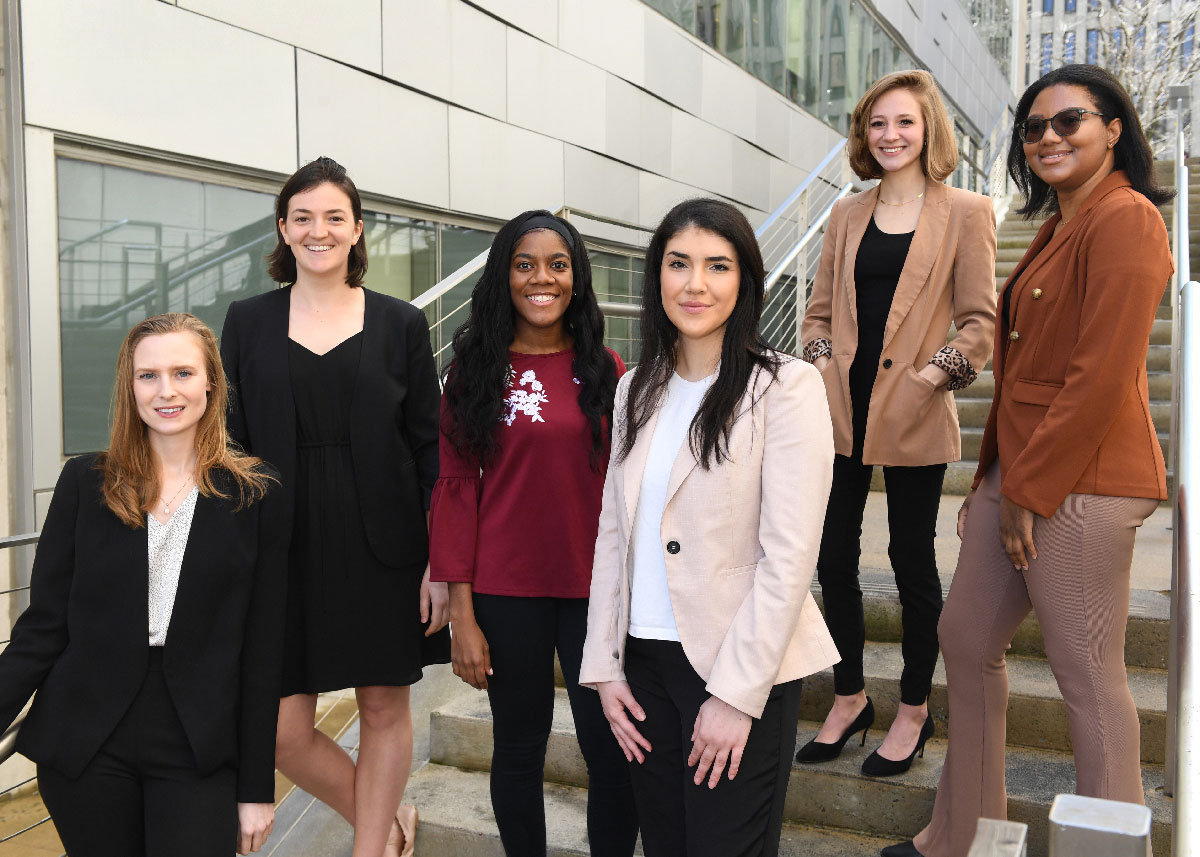
Ruth Whitehead Whaley, Class of 1924, Honored with Historical Plaque
Whitehead Whaley died in 1977 at the age of 76, though her legacy has endured. Today, Fordham Law students in the top 25 percent of their class are honored as Ruth Whitehead Whaley Scholars and the Black Law Students Association bestows an annual Ruth Whitehead Whaley Trailblazing Alumnus Award to alumni who embody her “bold spirit and commitment to excellence.”
The historical plaque in North Carolina stands at the corner of Ash and John streets in Goldsboro, just half a mile from Whitehead Whaley’s childhood home. Summarizing her legacy in just a few short words, the plaque reads: “Ruth W. Whaley, (1901-1977), Pioneer Female African American Lawyer.”
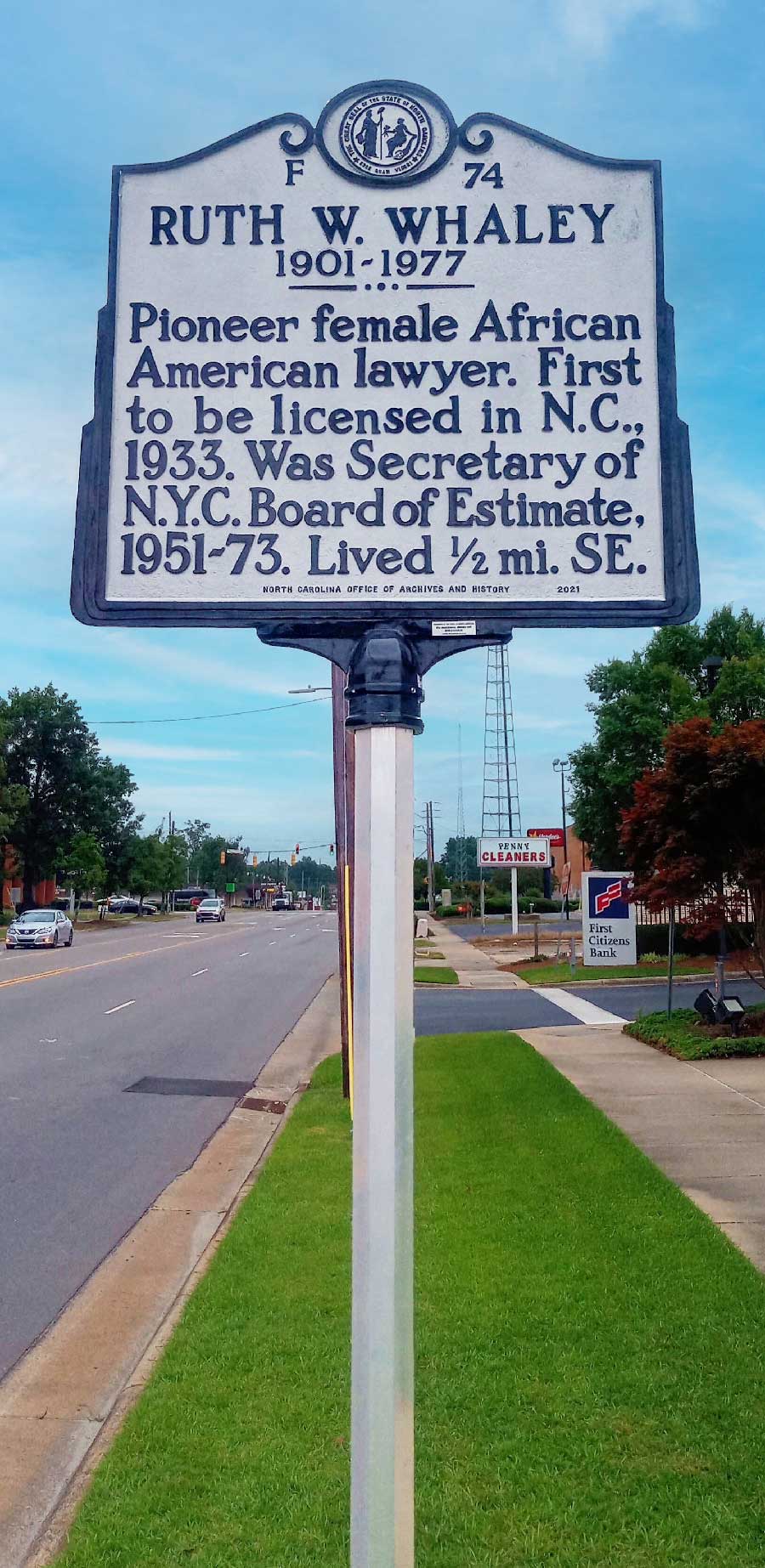
NEW LEADERSHIP
Ornela Ramaj Rudovic To Lead Alumni Relations

GIVING BACK
David Tanen ’96 Invests in DEI at Fordham Law

Tanen has given back to the Law School for more than a dozen years, making philanthropic investments to enhance its educational environment and support its diversity efforts.
“Fostering a more inclusive community where people from all backgrounds feel that they are welcome is important—not just for the Law School, but for all academic institutions and professional environments,” said Tanen. “This was something that resonated with me.”
A SUPREME PRESENCE
Canadian Justice Abella Returns to Fordham Law
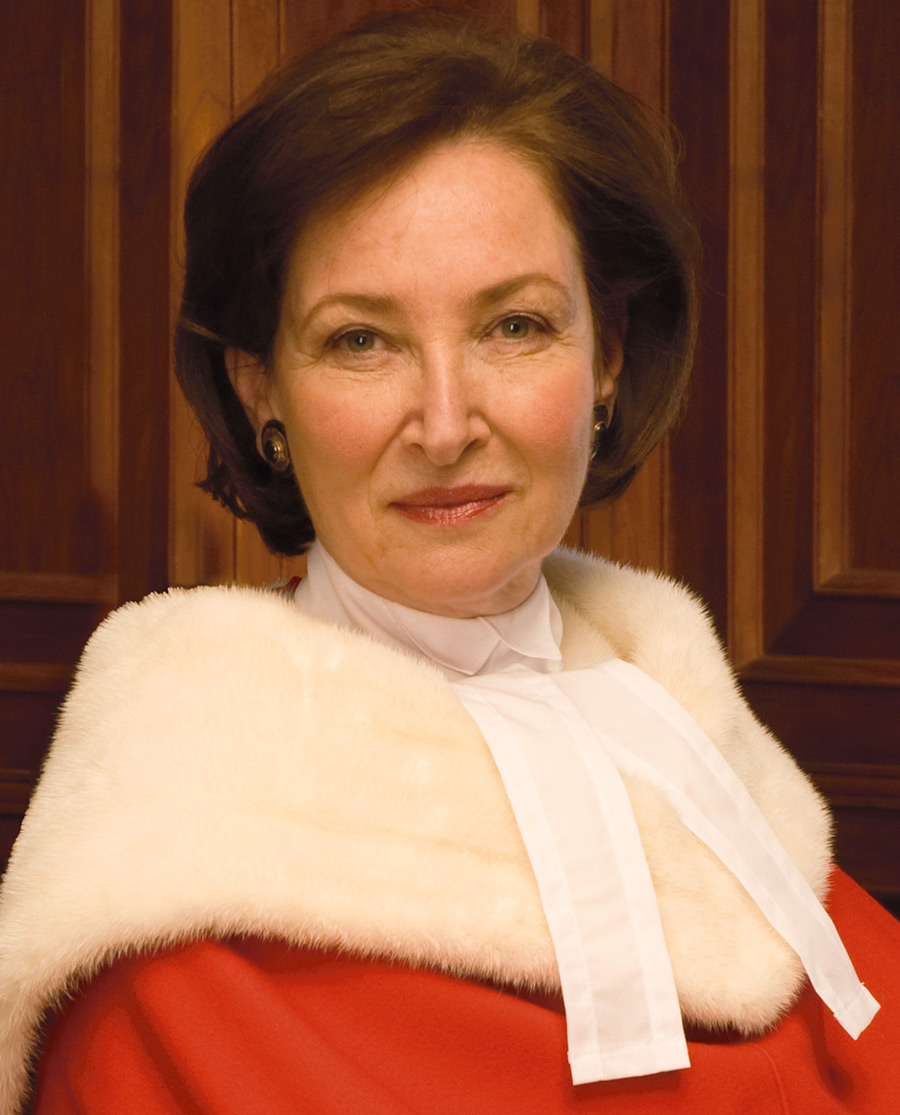
“Justice Abella has become a leading spokesperson for upholding the rule of law and democratic values that are so under siege on a global scale,” said Dean Matthew Diller. “Her own life story and career in the law is a great model for our students on how to bring one’s experiences and humanity to bear on the contributions that one can make through the law.”
Addressing Hate
Nationally Renowned Racial Justice Lawyer Addresses Anti-Asian Hate in Law School Lecture
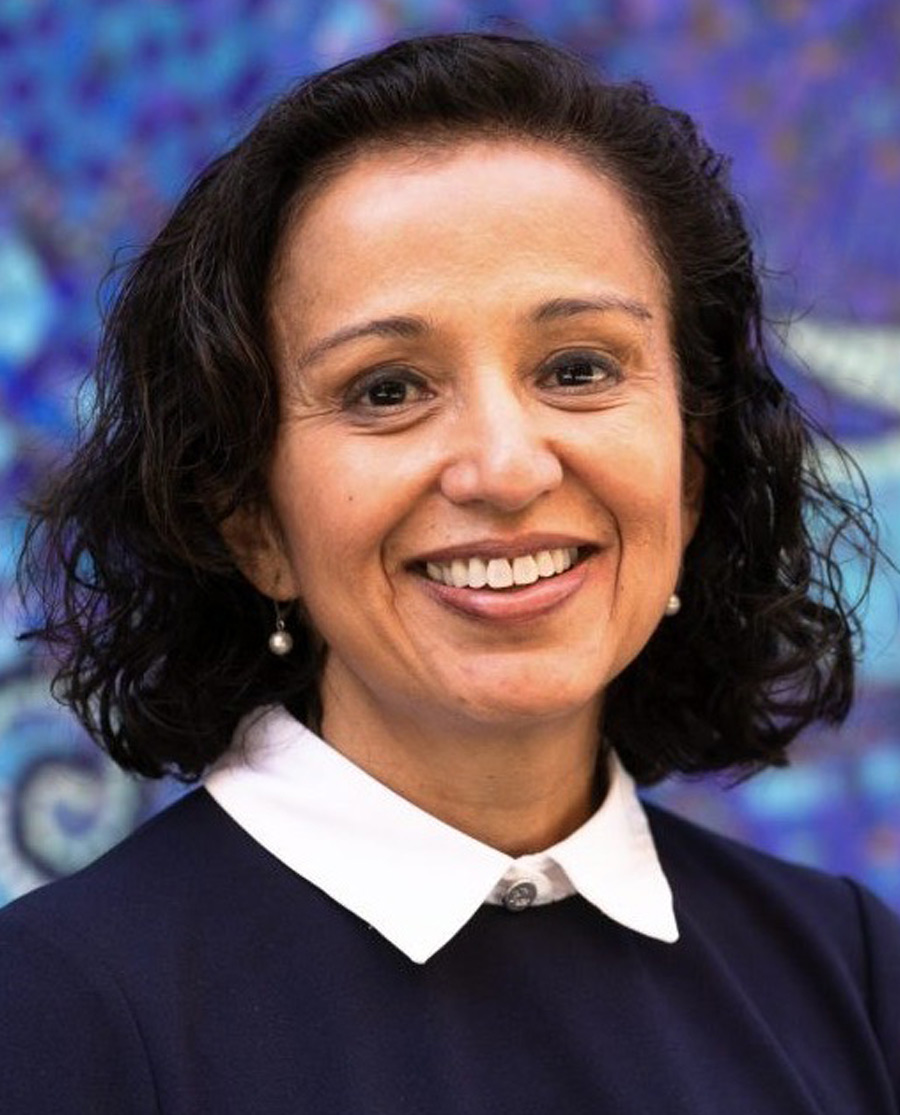
Kulkarni reported that Stop AAPI Hate, which she founded during the COVID-19 pandemic to track acts of prejudice against Asian Americans, had received more than 10,000 reports of discrimination. Kulkarni encouraged the audience to report anti-Asian hate crimes they have witnessed or experienced, share resources, and advocate for policy changes.
Paying It Forward
Outstanding Scholars Receive 2022 Hon. Deborah A. Batts Scholarships
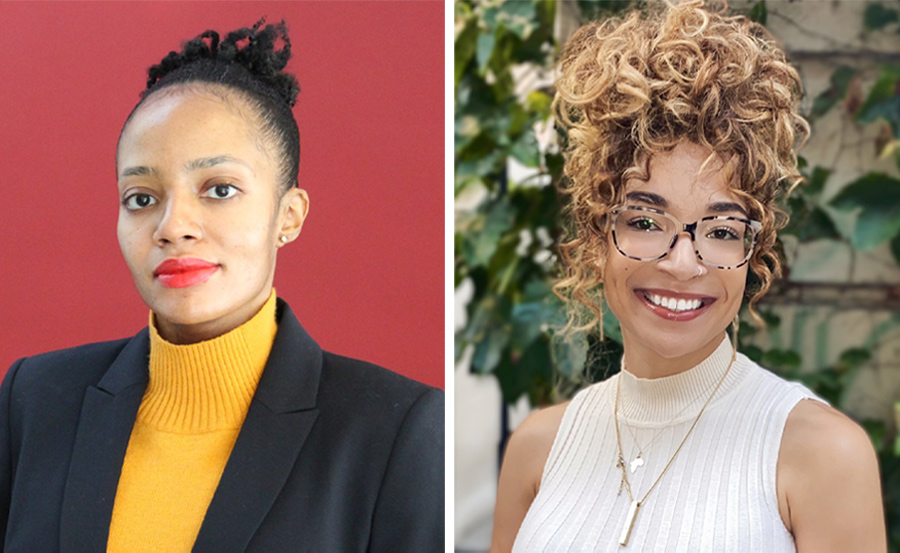
“It’s a privilege to be named [as a Batts Scholar], in honor of someone who had achieved so much and was a groundbreaker in her own way,” said Littlejohn. “Before I came to Fordham Law, I didn’t really know how I wanted to make a difference or impact in my community. But this was a surprise and seemed almost like a sign for me. I’m interested in tackling issues related to community and economic development and criminal law reform.”
“Judge Batts was unafraid to be herself—to have been so radical in a very conservative legal space is inspiring to me,” said Owes. “In law school, you might feel you have to shrink to fit in, but you don’t have to. Knowing I can show up as my full self, while also contributing to the Fordham community and greater legal scholarship in this role, is exciting.”
Owes is also the inaugural recipient of Fordham Law’s Bella and Irving Dubner Memorial Goldman Sachs Scholarship, created by David P. Dubner ’02, a partner and managing director at Goldman Sachs, in support of the company’s One Million Black Women initiative.
BY THE BOOK
Historical Jurisprudence with a New Lens
In Critical Race Judgments: Rewritten U.S. Court Opinions on Race and Law, co-editor Professor Bennett Capers aims to explain how critical race theory could be applied to uphold and advance principles that are foundational to American democracy.
The book considers how a range of important Supreme Court and lower court cases—including Loving v. Virginia (1967) and Brown v. Board of Education (1954)—might have been reasoned differently through the lens of critical race theory, prompting readers to see the law from new perspectives.
“This book was years in the making—seven years to be precise,” Capers said. “But, in a way, it couldn’t be more timely.”
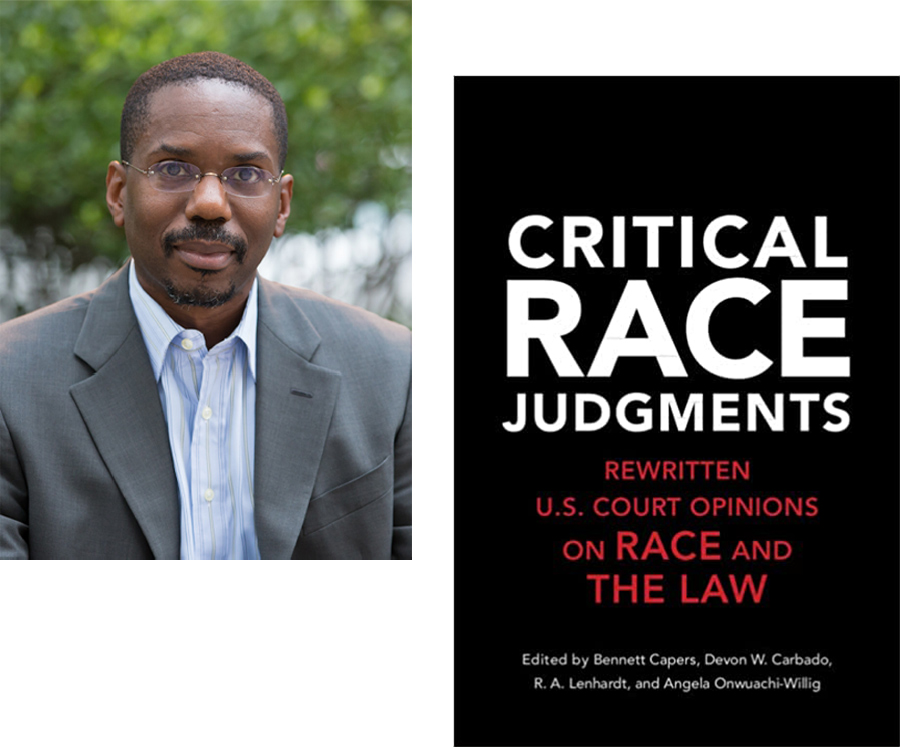
Examining Bias and Innocence
The book examines the assumed “racial innocence” of Latinos who “deny the existence of prejudice against Afro-Latinos and … African Americans,” and how those beliefs translate into discrimination at all levels of society.
“Educating both lawyers and judges about how Latinos are not only victims of discrimination, but also part of the problem … will fortify the ability of law to redress discrimination in an increasingly diverse society,” said Hernández. “It is not a cure-all, but it can certainly be part of the solution.”
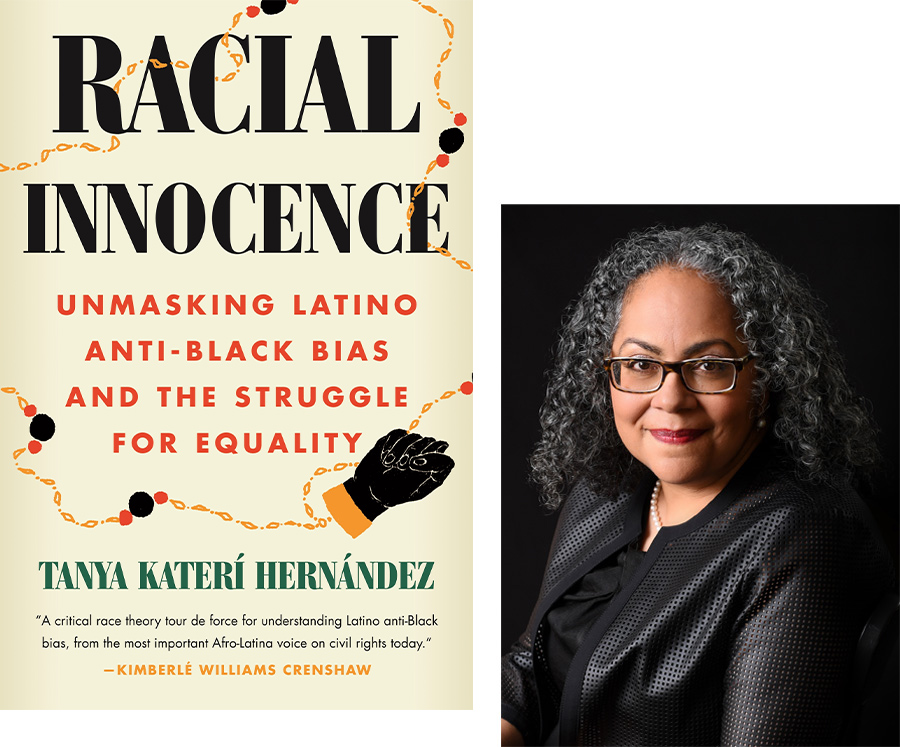
Honoring the Mothers of the ERA
Professor Julie Suk’s book, We the Women: The Unstoppable Mothers of the Equal Rights Amendment, published in 2020 and rereleased in paperback this year, chronicles the long struggle to guarantee equal legal rights for all American citizens, regardless of sex. Suk considers the past and the future of the amendment through the work of the women lawmakers who created it.
“I wrote We the Women not only to speak to lawyers, but to speak to the American people,” said Suk. “I hope that a wide range of people will read it and feel empowered to imagine a better future for the U.S., even if it takes another generation.”
